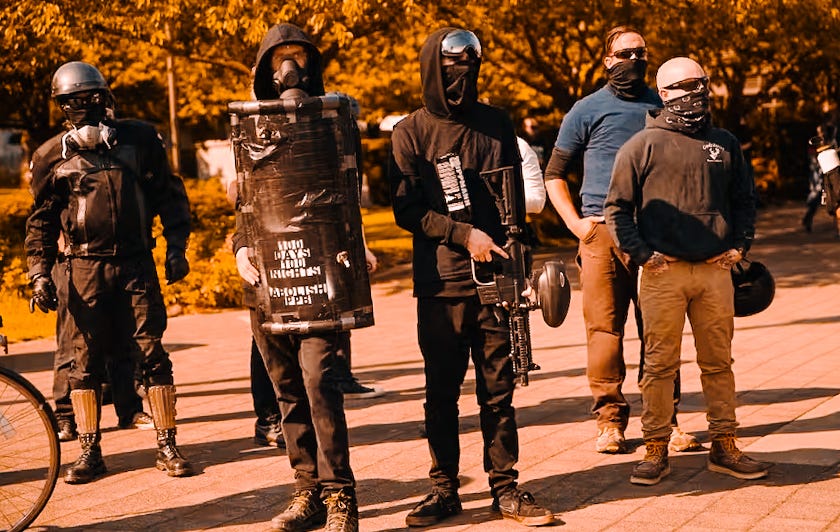Here we have finally arrived back at the passage that started this six part journey to unlocking the meaning of this strange story. Given what we have learned, let’s begin at verse 23 of 2 Kings chapter 2:
He went up from there to Bethel, and while he was going up on the way, some small boys came out of the city and jeered at him, saying, “Go up, you baldhead! Go up, you baldhead!” 24 And he turned around, and when he saw them, he cursed them in the name of the Lord. And two she-bears came out of the woods and tore forty-two of the boys. 25 From there he went on to Mount Carmel, and from there he returned to Samaria.
The story begins by giving us the location of the scene, in Bethel. That is very important. Bethel is where Jeroboam established the illegitimate worship facility centered around the golden calves. Bethel is where some of the “high-places” to Ba’al and Asherah were built, complete with their temple prostitutes.
But what about the “small boys”? Let’s look at some other examples of how the Hebrew word for small boys (naar) is used elsewhere in the Old Testament:
Gen 37:2 – Used to describe Joseph at the age of 17
1 Kings 3:7 – Describes king Solomon at the beginning of his rule
1 Samuel 17:33 – Describes David when he fought against Goliath
(v. 24) 1 Kings 12:8, 10 – Describes king Rehoboam’s advisors that had grown up with him
This word translated “small boys” was used to describe young adult males, usually with royal associations, who are unmarried and as such are not yet heads of their own households. Oftentimes it will describe the younger sibling of older brothers which would leave them with little prospects for inheritance. They find status, wealth, and prestige in military service, government, and through the priesthood. In other words, “small” speaks to their experience not to their size.1
The young men in this passage are likely priests of the corrupt worship center at Bethel and politically well-connected. They probably remain sexually gratified by “going up” to the high places of Ba’al and enjoying the services offered there.
When they jeered at him to “go up”, these “cool kids” were trying to socially intimidate Elisha into a spirit of compromise by visiting the high places. Remember, Bethel is the capital of compromise.
Calling him “baldhead” was most likely a reference to some sort of ritual devotion to God, something like what the Apostle Paul does in Acts 18:18. The shaved head may have also been a sign of a prophetic guild to which Elisha belonged, something like how monks of certain orders shaved their heads. The sense is, they were challenging Elisha’s loyalty to God and by association his patriotism to the true Israel. They were mocking his backward religious zeal and inviting him to loosen up, go have some fun, and stop being so disagreeable.
This was test number 4, and these men were enemies. The temptation for Elisha was to compromise so that the tensions between the warring groups might de-escalate. The tensions that exist between opposing groups locked in permanent civil war who live in close proximity with one another. Tensions that were so high they eventually led to Elijah cracking under the pressure.
What they were inciting Elisha to do was tantamount to treason. Help me to understand something. To this day, what is the penalty in the United States for treason? If you guessed death, you are correct. And these types of crimes are especially egregious in times of war.
Elisha demonstrated for these politically well-connected progressive elites that he wasn’t at all interested in de-escalating the conflict compared with his mentor Elijah. He was turning it up.
Elisha pronounces a death sentence on the corrupt priests of an illegal worship center on God’s own property who entice the man of God to give up and get along. In the previous chapter, Elijah had two groups of 50 soldiers come after him on orders from the king. He called fire down on both groups and they were slaughtered. Elisha has a gang of 42 punks (think ANTIFA) trying to test and intimidate the new guy, but the new guy only had fresh legs and strong resolve. And when the man of God acts on God’s behalf, God has his back. And they were slaughtered. Pulling the trigger on that decision, under those circumstances, that early in his tenure takes moxie.
Elisha proves he is every bit of the man Elijah was and builds upon his ministry. He demonstrates his quality in that he can be trusted to wield divine power in such a way as to protect the rescue plan of Israel with vigor and determination, at all times and at all costs.
And it was good, and it was right, and it was just.
https://nakedbiblepodcast.com/wp-content/uploads/2016/07/Transcript-110-QA-15.pdf






